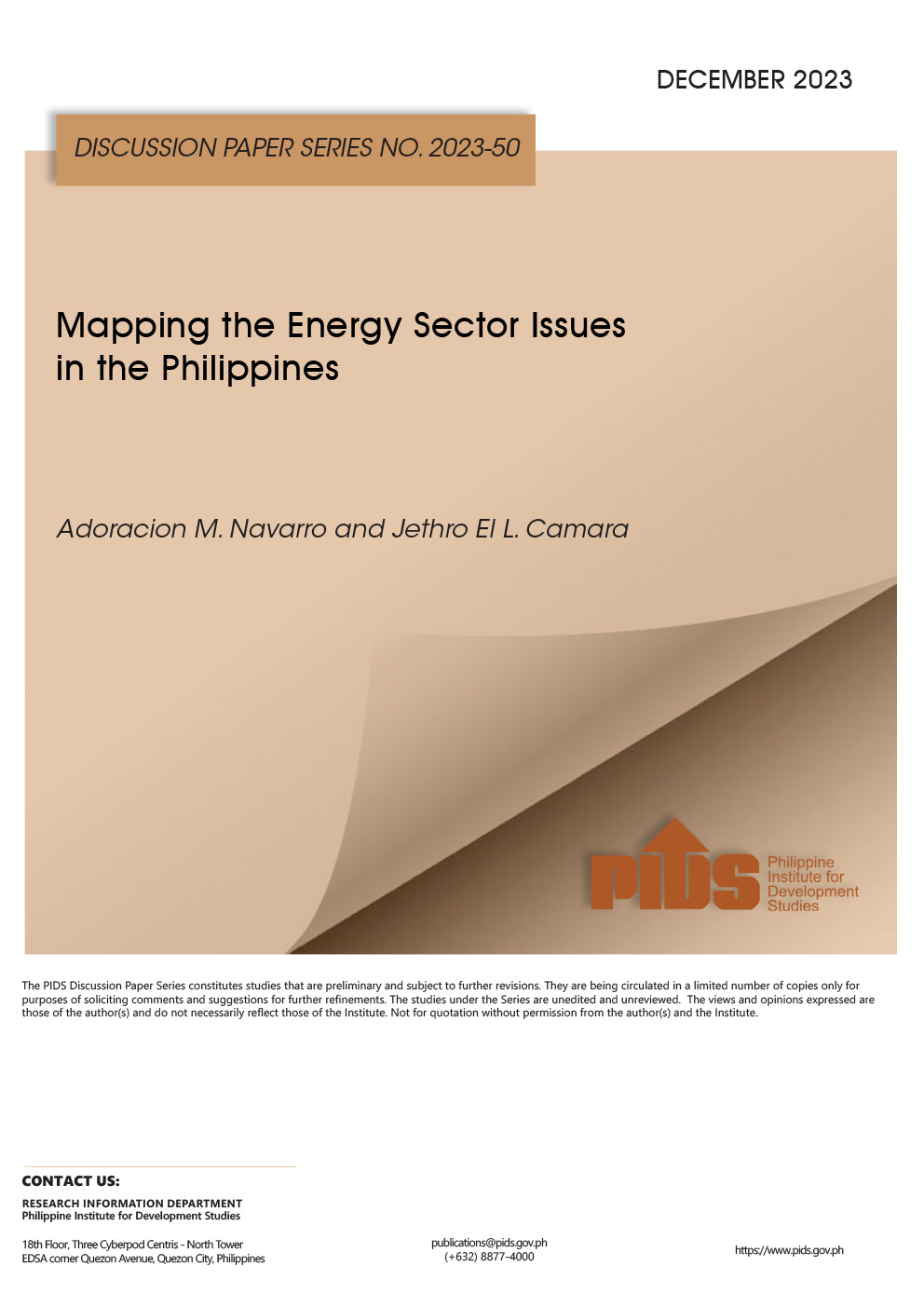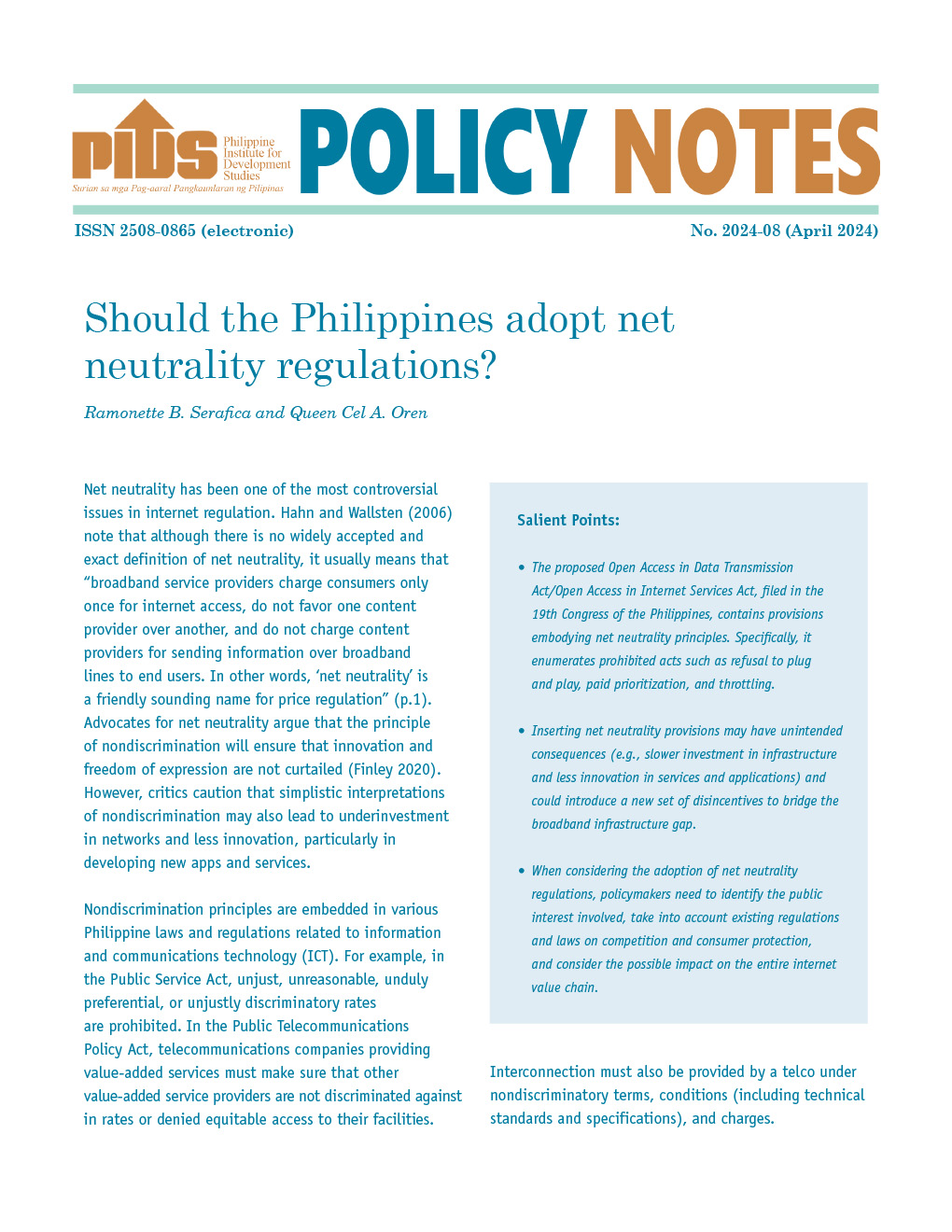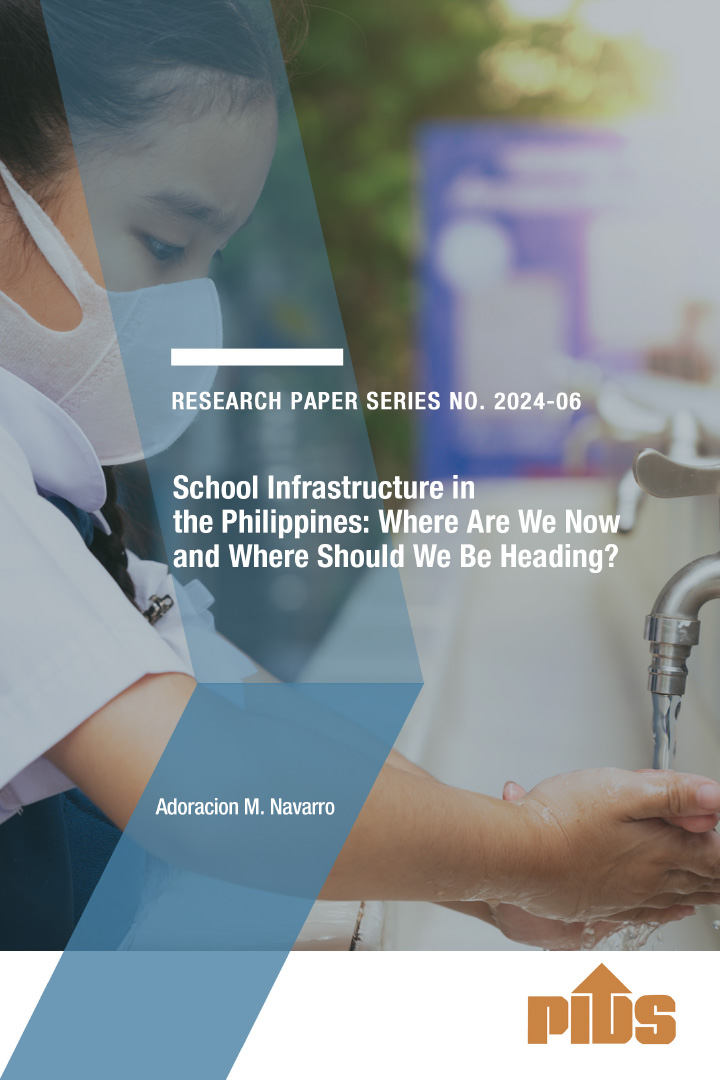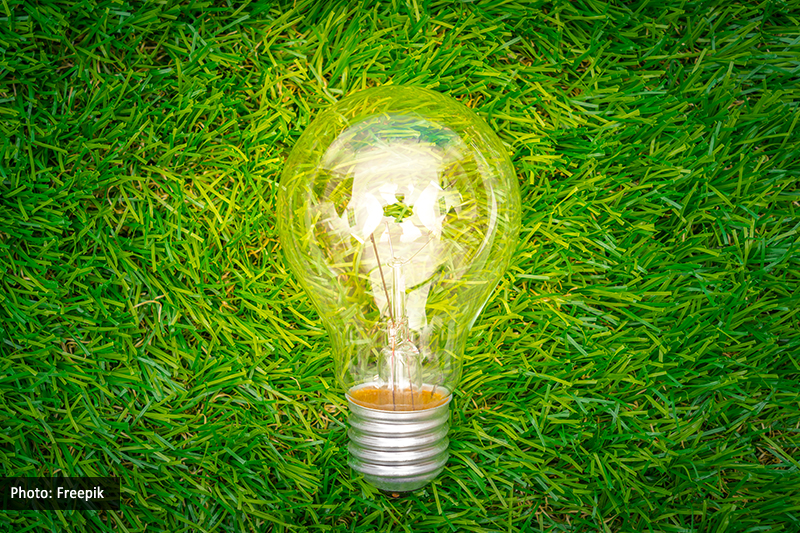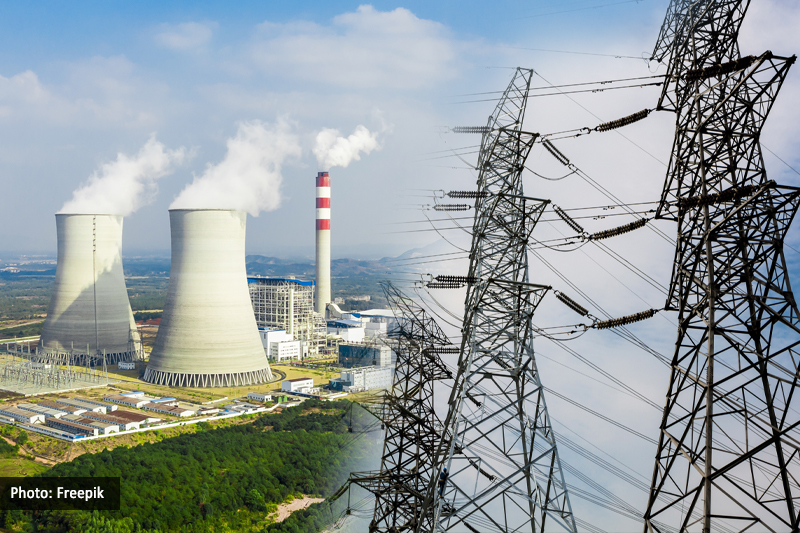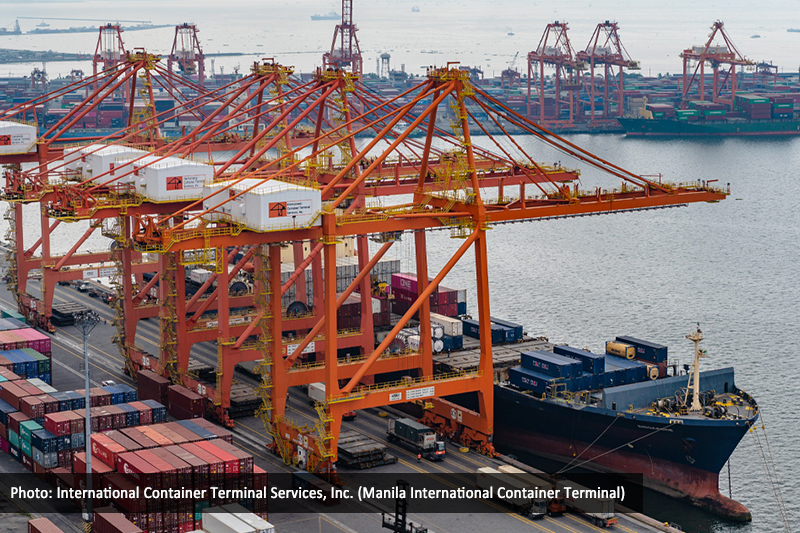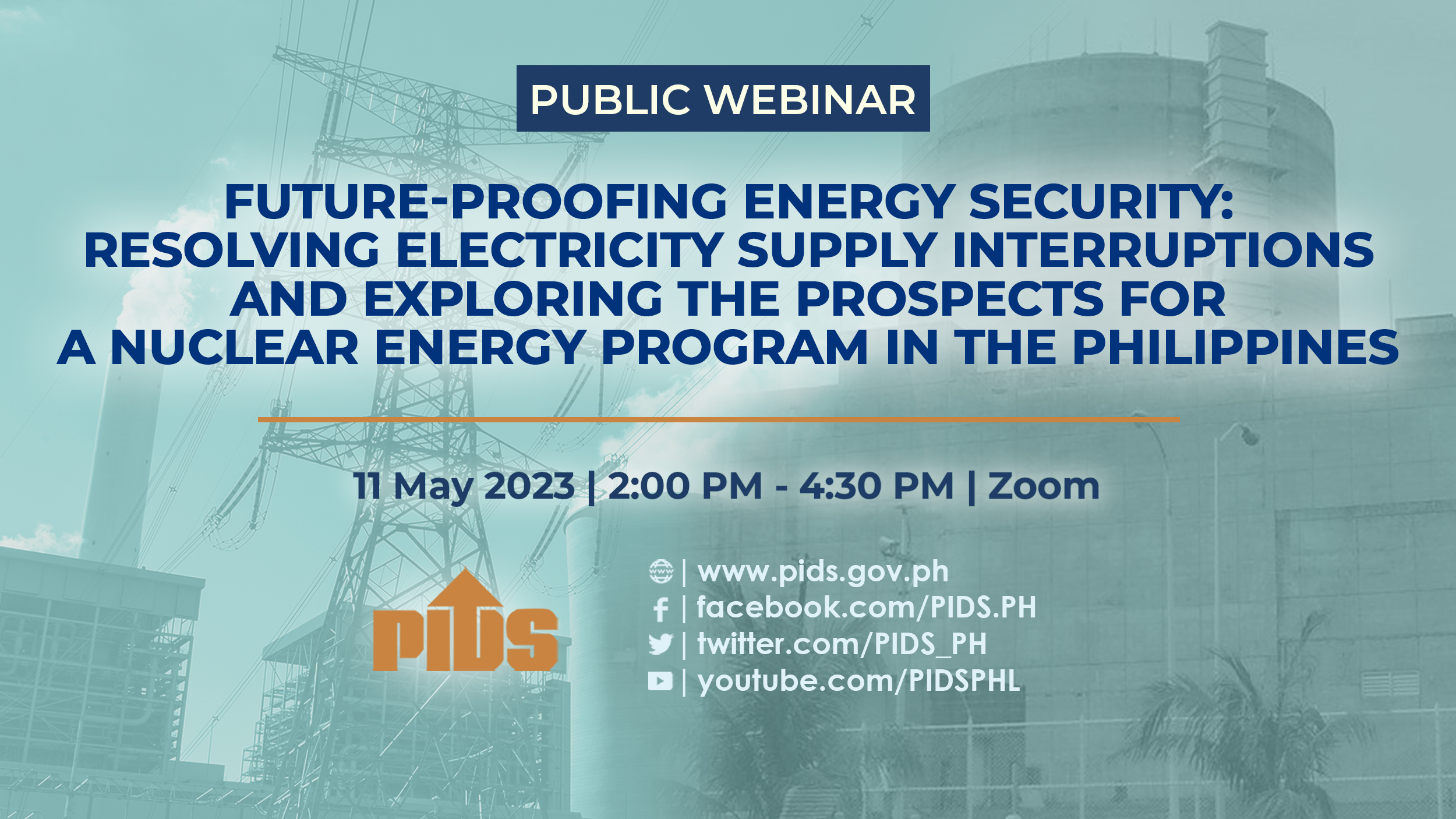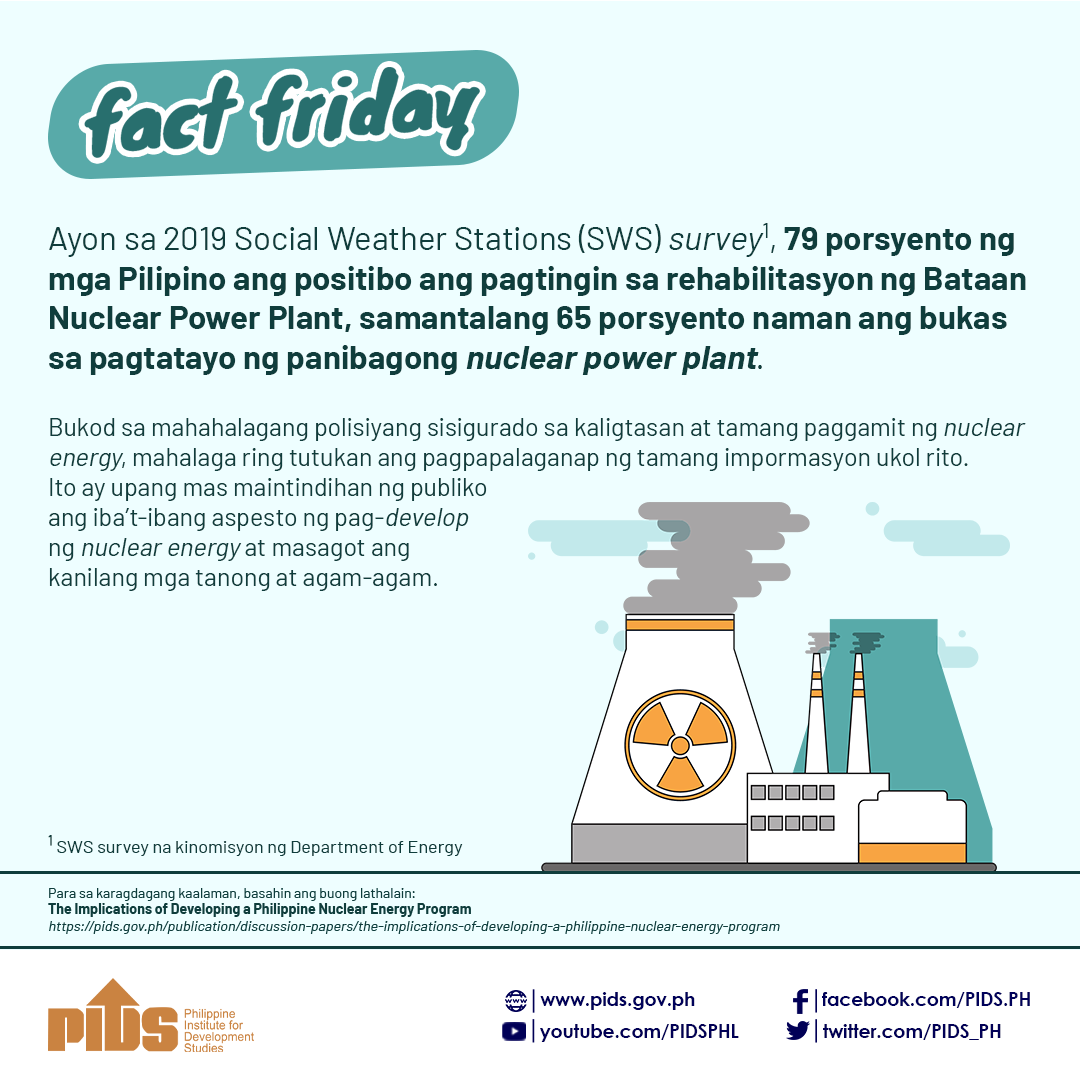INCHEON, South Korea—The Philippines believes it will still be able to benefit from the Asian Development Bank’s (ADB) transformation as the region’s climate bank, according to the Bangko Sentral ng Pilipinas (BSP).
In an interview with the BusinessMirror, BSP Governor Felipe M. Medalla said the Philippines is committed to transition to renewables and would still need support in this regard.
During the annual meeting of the ADB Board of Governors here, President Masatsugu Asakawa has stressed the need to transition to net zero and announced the creation of the “Innovative Finance Facility for Climate in Asia and the Pacific,” or “Ifcap,” which is a first in the world in terms of climate finance. (Full story here: https://businessmirror.com.ph/2023/05/03/with-new-facility-adb-keen-on-100-b-climate-financing/)
“Some people are afraid that focus on climate change will lose lending for other things like poverty alleviating projects that do not have direct impact on climate change, infrastructure projects that do not have direct impact on climate change; but we will largely benefit because we have already decided not to build new coal plants,” Medalla told the BusinessMirror.
“So clearly we need financing to make this transition to renewables; to find good financing for the transition to renewables. In the past, I guess we were reluctant to make the shift because renewables were quite expensive but I think the technological changes made renewables competitive,” the central bank governor added.
In a separate briefing last Thursday, ADB Climate Envoy Warren Evans explained that the Manila-based multilateral development bank will continue financing projects such as those for poverty alleviation and infrastructure.
However, Evans said, these projects will be viewed using a “climate lens.” This will lead to an increase in financing for certain traditional sectors such as education and health by way of the creation of green jobs, for example.
He emphasized that all traditional projects that ADB used to finance will not see a reduction in financing except for projects that deal with fossil fuels. It can be noted that Asakawa stressed on the first day of the Annual meeting that the ADB will no longer finance any new coal projects.
“First off, we are not going to be the climate bank of the region: we are the climate bank of the region. We see in most sectors that there is not a trade-off: it’s not an ‘either-or’ in terms of an investment,” Evans said.
“Except for fossil fuels, I don’t anticipate a change at all; and we’re certainly not looking at an either or situation where climate financing will crowd out something else,” he added.
Nuclear debate
MEDALLA said given that the Philippines has committed to the reduction in fossil fuels, the country would have to, sooner or later, get into a discourse on the use of nuclear energy.
“If you really want to eliminate fossil fuels completely, you [cannot] do it without relying on nuclear power. I think sooner or later, we would have to enter that debate,” Medalla told the BusinessMirror.
This is because, Medalla said, scientists have pointed out that the best non-fossil fuel complement to renewable energy is nuclear power. He said renewables, despite the benefits, have “particular problems.”
These problems include not having enough—or having too much—wind, for example, in areas that could decrease the potential use of wind power while solar energy is not present 24/7 as there is no solar power at night and cloudy days would produce less sunlight.
Medalla said another issue with renewables is storage. He said this is still “quite expensive” and, thus, the country does not have enough of it to be able to transition faster and more efficiently.
“But I think the Department of Energy has a good plan that allows increased use of renewable energy without sacrificing cost and stability,” Medalla, nonetheless, said.
Based on the latest Philippine Development Plan (PDP), the national government aims to explore the inclusion of nuclear energy into the country’s energy mix in the medium term.
The 2023-2028 PDP stated this was based on Executive Order 164 released by the Duterte administration in adopting a national position toward a nuclear energy program.
However, the Marcos administration first intends to conduct “rigorous scientific studies” before it allows investments in nuclear power plants.
The PDP also stated that these efforts will include the drafting of the Comprehensive Atomic Energy Regulatory Framework. This will help create a nuclear regulatory body.
In her recently published research, Philippine Institute for Development Studies (PIDS) Senior Research Fellow Adoracion M. Navarro said nuclear energy remained a “promising option” for the country.
However, Navarro noted that a government’s decision to tap this energy resource is a long-term commitment and must be put in consideration from the time frame of a hundred years.

